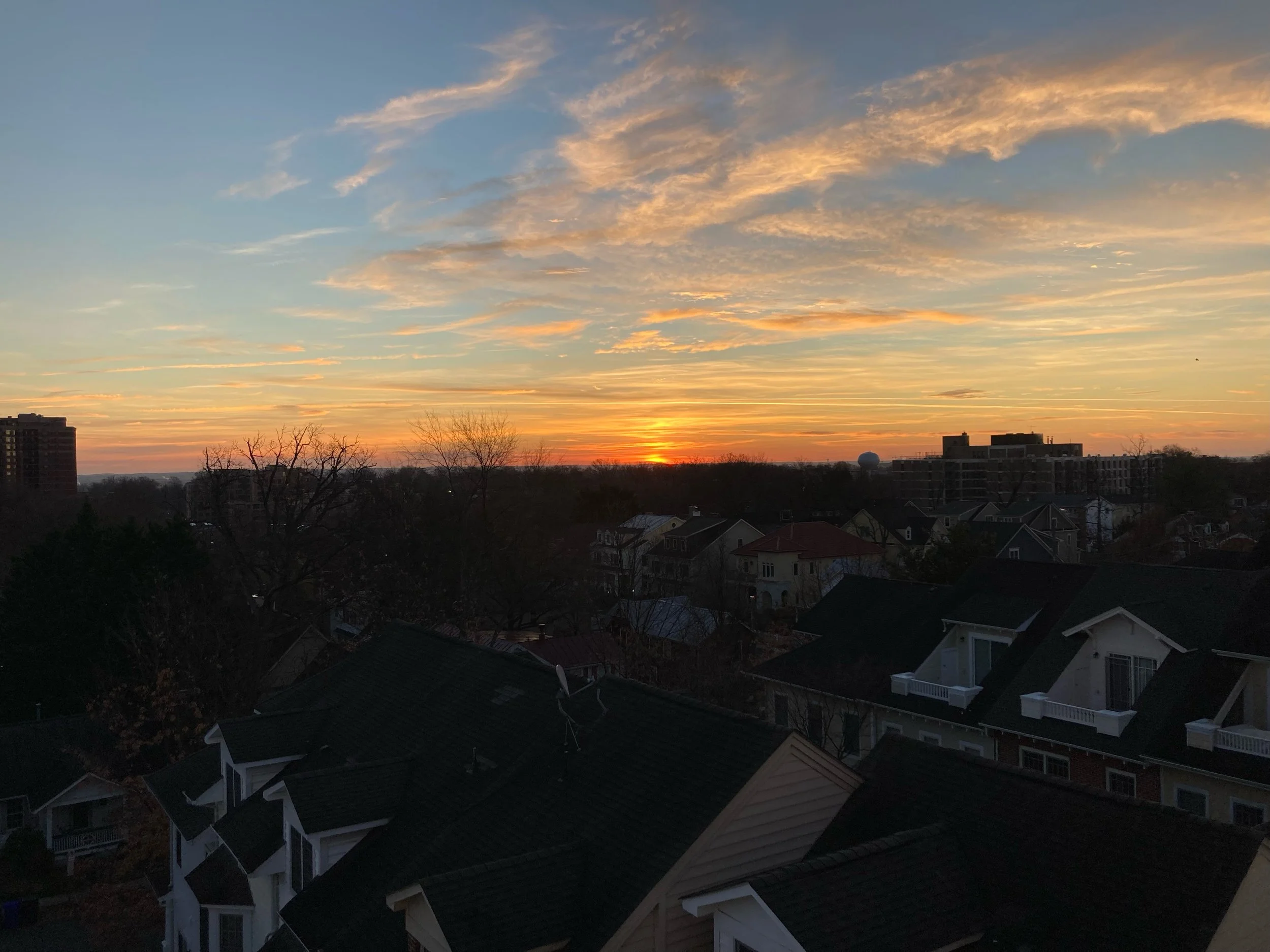photo credit: William Monahan
Need Zoom tech support? Email Phyllis here.
(support available before sangha starts)
This week Rachel and Annie will facilitate.
After our meditation period, we will listen to a talk by Thich Nhat Hanh (Thay). In the video, Thay talks about how moments of non-thinking and being present allow us to feel joy and do our work in the world in ways that may be more beneficial.
We are constantly creating habits by what we consume.
After we watch a movie, for example, our mind might keep thinking about what might happen to the characters. Or when we read a book on eating a certain way, the ideas in that book are top of mind when we make choices about our food.
Thay teaches us that when we pay attention to (or consume) what is happening in each moment — like when we’re brushing our teeth or washing the dishes — we generate the habit of mindfulness in our daily lives and start to notice the joy that exists in each of those moments. Really being present while walking from the car to a store or riding the metro can bring immense joy — which is quite a miracle! We can find miracles in every moment throughout our day.
One tiny miracle I noticed while doing one of my least favorite "chores" in the kitchen (putting away the dishes from the dishwasher) was that each knife that went in the drawer or plate that stacked on another plate created the sound of a bell. This bell of mindfulness made me stop and feel gratitude for the beautiful sounds that are made by putting away the dishes. I also felt gratitude that I even have the ability to hear.
Now even when I'm rushing while doing this chore, the sound of the bell can bring me back to that joy that I first discovered. This is a tiny example of where the joys of life can live - in places that we wouldn't expect if we're not there to be present in them.
Because each moment of happiness is so small, it can make room for millions of others like it, and those collective moments of joy become us — and we become joy. Then when we sit down for the moments when we really need to focus, like in our work, it is simply just a continuation of the joy of the practice. The habit of mindfulness is already there and much more accessible to us, and our work becomes more vibrant, creative, and rewarding.
After listening to Thay, we can consider together:
What tiny moments of joy have you discovered as a result of being present?
Where has mindfulness and non-thinking allowed you to do better work?
Looking forward to seeing you Monday night.

